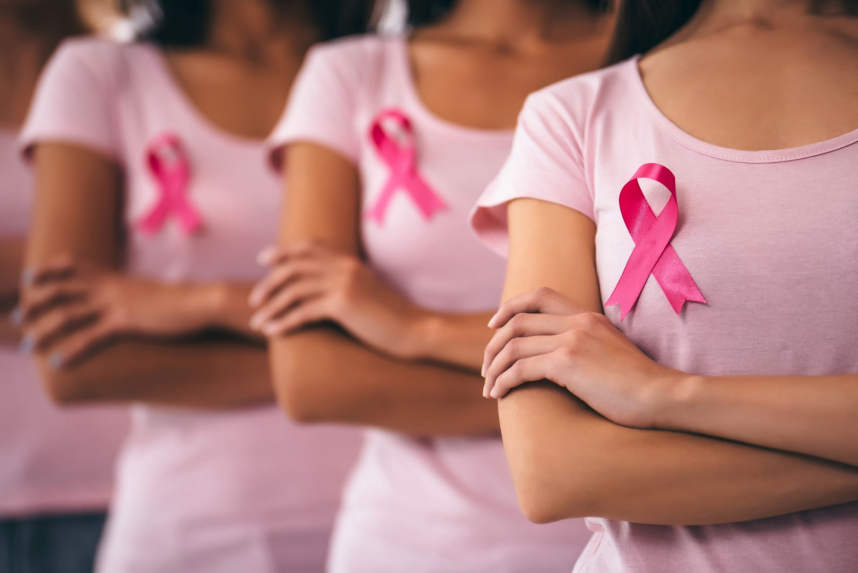
In older women diagnosed with breast cancer, the use of estrogen creams to treat menopause symptoms was not only safe but was also linked with longer survival in a large U.S.A. study.
Use of the hormone creams by postmenopausal breast cancer survivors was associated with a lower risk of disease progression, recurrence, or death, rather than an increased risk as had been feared, researchers reported at the ASCO meeting.
Vaginal estrogen creams help with menopause symptoms such as vaginal dryness, discomfort, and pain during intercourse. Still, breast cancer survivors often avoid these products out of concern that they might stimulate breast cancer cells that use hormones to grow.
Researchers reviewed national database records on 18,620 female breast cancer patients aged 65 and older who were diagnosed between 2010-2017, including 800 who used vaginal estrogen creams.
After accounting for patients’ race, cancer stage, treatments and other factors, the researchers saw a statistically significant increase in overall survival among patients who used vaginal estrogen. The cream users also had a considerable increase in breast cancer-specific survival, the interval from diagnosis to death from breast cancer.
On average, estrogen cream users had a 47% lower risk of dying from breast cancer and a 44% lower risk of death from any cause during the study period, compared to non-users.
Even in patients whose tumors were known to use hormones for growth, estrogen cream use was associated with a 38% lower risk of death from any cause. Estrogen cream users with hormone-positive breast cancer also had a lower risk of death from breast cancer, but that difference was not statistically significant.
Use of the creams for more than seven years appeared to confer an additional survival benefit.
“These findings add to a rising contemporary paradigm shift that local hormone therapy is not associated with increased risk to overall or breast cancer-specific survival, which has important clinical implications,” the researchers said.